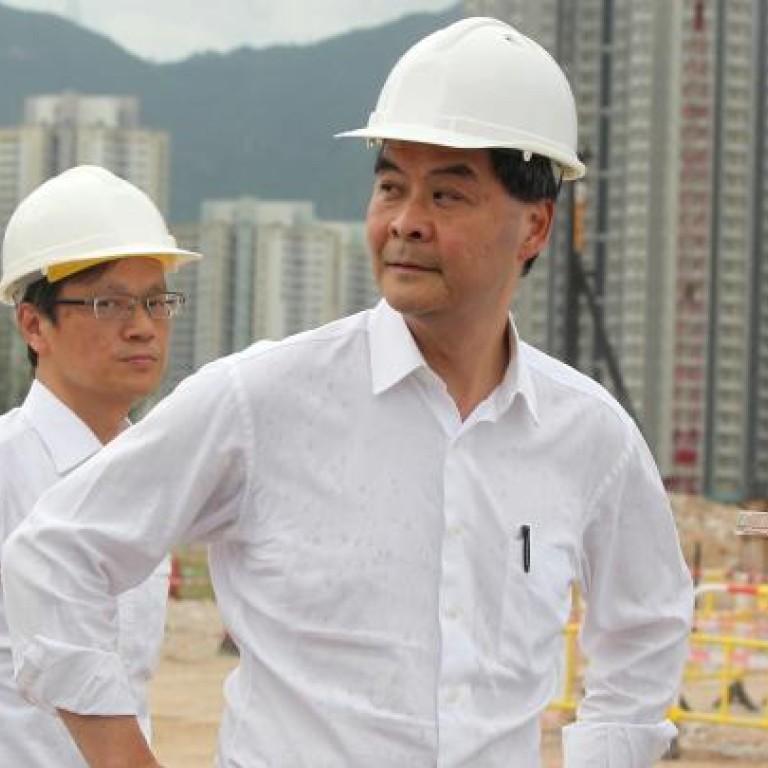
Free market no panacea for Hong Kong's ills
Hong Kong has for many years been singled out by conservative think tanks as the freest economy. It will be interesting to see what is made of the interventionist rhetoric of Chief Executive Leung Chun-ying in outlining his governing philosophy in a keynote speech to lawmakers. It does not take much to upset them. The US-based Heritage Foundation warned, for example, that introducing a modest minimum wage was a dent in Hong Kong's crown.
But the crown sits uneasy because of four serious problems identified by Leung - unaffordable housing, poverty, the plight of the elderly, and the environment. This prompted him to say "markets fail" and "the notion of big market, small government is out of date", which may bring more warnings from free-market champions. He also dismissed the governing concept of "positive non-interventionism" as obscure and contradictory. It means the government restricts itself to creating the regulatory and physical infrastructure to allow markets to function efficiently. The concept has helped Hong Kong prosper, but it has failed to prevent the growth of social inequity.
Leung flagged his interventionist philosophy during his recent election campaign. Now he has fleshed it out, saying his government would take the initiative where necessary to address those four problems. He needs to be careful of a perception among businesspeople that he is going to spend billions on populist causes. His reference to a need for "prudent adjustments" may be a nod to that. And his promise to study a universal retirement protection scheme has to be set against his refusal to relax a means test on a higher old-age allowance.
More government intervention in the economy is a global trend, caused partly by the fallout of the global financial crisis. In this respect government-to-government initiatives - such as through the Closer Economic Partnership Arrangement (Cepa) with the mainland - can help boost our economy. But free-market principles remain at the heart of our competitiveness, even if they have been distorted by cartels and dominant players in some markets. Hong Kong needs to seek innovative and more flexible ways of tackling the issues. Government has a role to play in maintaining social equity and fairness, such as its lead in spreading a five-day working week and introducing a minimum wage. But it should be wary of undermining the maxim that the market leads, the government facilitates, which has served the city well.

